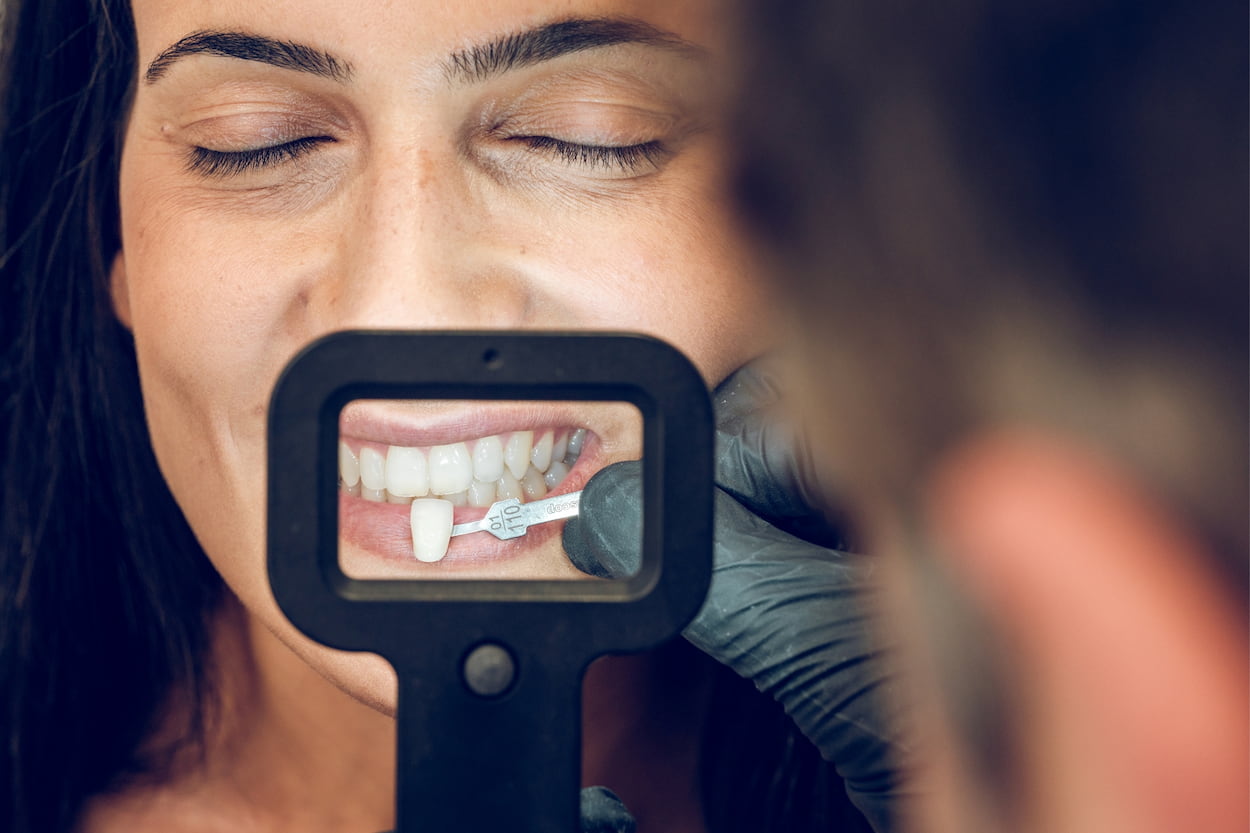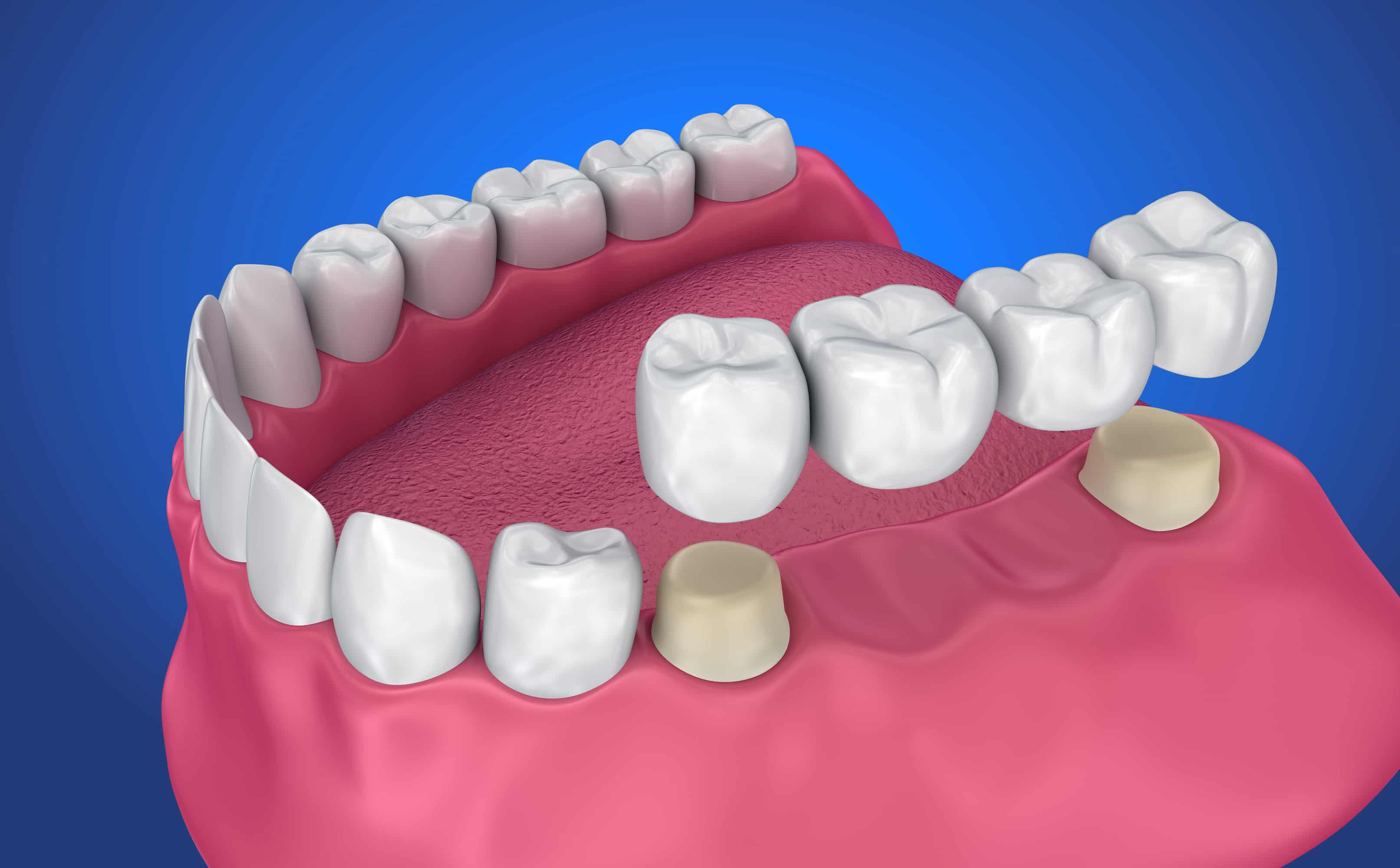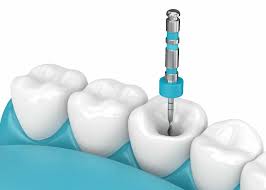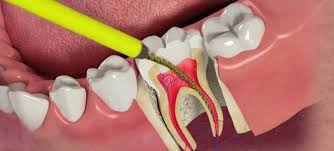
Complete Your Smile with Full Set Veneers: Types and Techniques
Are you self-conscious about your teeth? Do you avoid smiling because of chipped or discolored teeth? If so, veneers might be the perfect solution for you. Veneers are thin shells made of porcelain or composite resin that are placed over the front of your teeth to improve their appearance. They are a popular cosmetic dentistry option that can transform your smile and give you the confidence you deserve.
When it comes to veneers, there are two main types: porcelain and composite resin. Porcelain veneers are the most popular and are typically more durable and longer-lasting than composite resin veneers. They are also more expensive but have a more natural appearance and are more resistant to stains. Composite resin veneers, on the other hand, are less expensive and require less tooth reduction, making them a good option for people with thinner tooth enamel.
To complete your smile with full set veneers, you'll need to undergo a few steps. First, your dentist will examine your teeth and determine if veneers are the best option for you. If so, they will take x-rays and impressions of your teeth to create a mold for your veneers. Next, your dentist will remove a small amount of enamel from the front of your teeth to make room for the veneers. Then, they will place temporary veneers on your teeth to protect them while your permanent veneers are being created in a dental lab.
Once your permanent veneers are ready, your dentist will remove the temporary ones and place the permanent ones on your teeth using a special adhesive. They will then use a curing light to harden the adhesive and bond the veneers to your teeth. After the veneers are in place, your dentist will make any necessary adjustments to ensure they fit comfortably and look natural.
There are several techniques used to create veneers, including traditional veneers, minimal-prep veneers, and no-prep veneers. Traditional veneers require more tooth reduction and are typically used for people with more severe dental issues. Minimal-prep veneers require less tooth reduction and are a good option for people with minor cosmetic issues. No-prep veneers require no tooth reduction and are the least invasive option but may not be suitable for everyone.
Overall, full set veneers can be a life-changing cosmetic dentistry option for people with teeth imperfections. They can transform your smile and boost your self-confidence. If you're interested in getting veneers, talk to your dentist about which type and technique are best for you. With the right care, your veneers can last for many years, making them a worthwhile investment in your smile and overall well-being.
Full Set of Porcelain Veneers
Porcelain veneers are the most popular type of veneer and are often used for a full set of veneers. They are made of thin layers of porcelain that are custom-designed to fit your teeth and enhance their appearance. Porcelain veneers are highly durable and can last for 10-15 years with proper care. Here are some of the benefits and considerations of getting a full set of porcelain veneers.

Full Set of Porcelain Veneers Benefits
Aesthetically pleasing: Porcelain veneers look and feel like natural teeth. They have a translucent quality that mimics the look of natural enamel and can be custom-designed to match the color and shape of your existing teeth.
Stain-resistant: Porcelain is highly resistant to stains and discoloration, making it an ideal choice for people who want to maintain a bright, white smile.
Durable: Porcelain veneers are highly durable and can last for many years with proper care. They are also resistant to chipping and cracking.
Versatile: Porcelain veneers can be used to correct a wide range of cosmetic issues, including chips, cracks, gaps, and stains.
Full Set of Porcelain Veneers Considerations
Cost: Porcelain veneers are more expensive than composite resin veneers due to their higher quality and longer lifespan. The cost of a full set of porcelain veneers can vary depending on the number of teeth being treated and other factors such as the complexity of the procedure.
Irreversible: The process of placing porcelain veneers involves removing a small amount of enamel from the front of your teeth. This is an irreversible process, and once your teeth are prepared for veneers, you will need to have them for the rest of your life.
Sensitivity: Some people may experience increased sensitivity after getting porcelain veneers due to the removal of enamel from their teeth. This can be managed with over-the-counter pain relievers and usually subsides within a few days.
Maintenance: Porcelain veneers require regular dental hygiene, including brushing, flossing, and regular dental checkups. You may also need to avoid certain foods and beverages that can stain your veneers.
In conclusion, a full set of porcelain veneers can be a great option for people who want to improve the appearance of their teeth and achieve a beautiful, confident smile. However, it's important to consider the cost, irreversibility, sensitivity, and maintenance requirements before making a decision. Talk to your dentist about whether porcelain veneers are right for you and how you can achieve the smile of your dreams.
Full Set of Composite Resin Veneers
Composite resin veneers are a more affordable and less invasive option compared to porcelain veneers. They are made of a tooth-colored resin material that is bonded to the front of your teeth, improving their appearance and restoring their shape and size. Composite resin veneers can be a great option for people who want to enhance their smile without spending a lot of money or undergoing an irreversible procedure. Here are some of the benefits and considerations of getting a full set of composite resin veneers:
Cost-effective: Composite resin veneers are generally less expensive than porcelain veneers. They can be a great option for people who want to improve their smile but have a limited budget.
Minimally invasive: Composite resin veneers require less tooth reduction compared to porcelain veneers, making them a less invasive option. Your dentist will only need to remove a small amount of enamel to prepare your teeth for the veneers.
Versatile: Composite resin veneers can be used to correct a wide range of cosmetic issues, including chips, cracks, gaps, and stains. They can also be shaped and molded to match the natural contours of your teeth.
Reversible: Unlike porcelain veneers, composite resin veneers can be removed and replaced if needed.
Durability: Composite resin veneers are less durable compared to porcelain veneers and may need to be replaced more frequently. They are also more prone to chipping and staining.
Appearance: While composite resin veneers can look natural and blend in with your existing teeth, they may not have the same translucency and luster as porcelain veneers.
Maintenance: Composite resin veneers require regular dental hygiene, including brushing, flossing, and regular dental checkups. You may also need to avoid certain foods and beverages that can stain your veneers.
In conclusion, a full set of composite resin veneers can be a great option for people who want to improve the appearance of their teeth without breaking the bank or undergoing an irreversible procedure. However, it's important to consider the durability, appearance, and maintenance requirements before making a decision. Talk to your dentist about whether composite resin veneers are right for you and how you can achieve the smile of your dreams.
How Many Veneers in a Full Set?
The number of veneers in a full set can vary depending on the individual's needs and goals. Typically, a full set of veneers involves covering all the visible teeth in the upper or lower jaw, which can range from 6-10 veneers per arch, but in some cases, up to 20 veneers or more may be needed.
Is a Full Set of Veneers Painful?
The process of getting a full set of veneers usually involves some level of discomfort or sensitivity. However, modern dental techniques and local anesthesia can help minimize the pain and discomfort during the procedure. After the procedure, you may experience some sensitivity and discomfort for a few days, but this can be managed with over-the-counter pain relievers and should subside within a few days.
How Long Do Full Veneers Last?
The longevity of veneers depends on the type of material used, the quality of the procedure, and how well you take care of them. Porcelain veneers are more durable and can last for 10-15 years with proper care, while composite resin veneers may need to be replaced more frequently. It's important to follow good oral hygiene practices, including brushing, flossing, and regular dental checkups, to extend the lifespan of your veneers.
Healthy Türkiye Notes
In conclusion, a full set of veneers can be a great option for people who want to enhance their smile and improve their confidence. Whether you opt for porcelain or composite resin veneers, it's important to choose an experienced dentist who can help you achieve your desired results. While the process of getting a full set of veneers can involve some discomfort, the long-term benefits can be well worth it. With proper care and maintenance, veneers can last for many years and provide a natural-looking, beautiful smile. If you're considering getting a full set of veneers, talk to your dentist about your options and how you can achieve the smile of your dreams.




